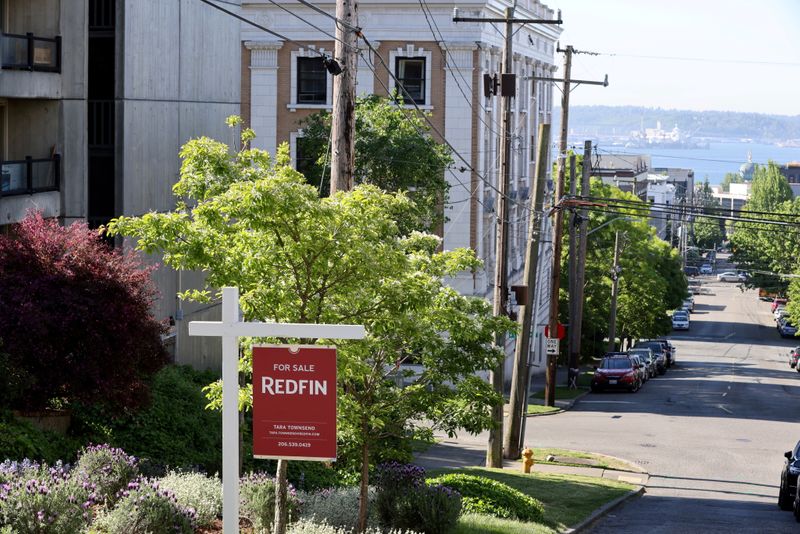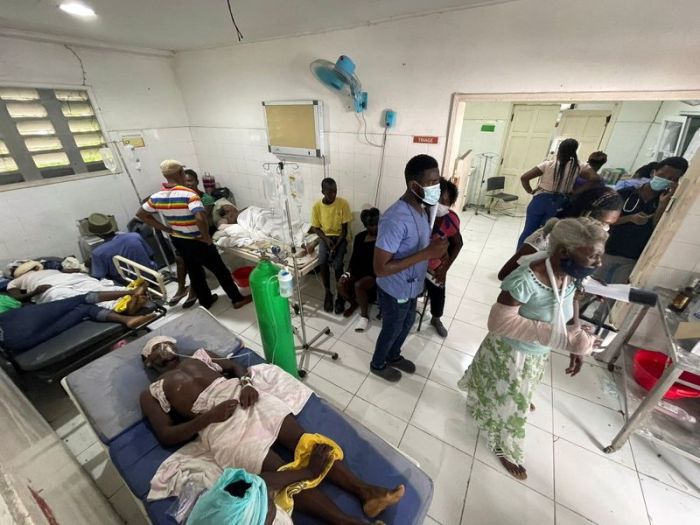(Reuters) -U.S. homebuilder confidence in the market for single-family homes fell in August to its lowest reading in 13 months, driven by higher construction costs and supply shortages, a report released on Tuesday showed.
The NAHB/Wells Fargo Housing Market index declined 5 points to a reading of 75 this month, its lowest level since July 2020, from 80 in July. Economists polled by Reuters had expected the index to remain unchanged from the month prior.
A reading above 50 means more builders view market conditions as favorable than poor. The index hit an all-time high of 90 in November 2020.
Surging home prices and limited supply has put a lid on home sales throughout this year. Consequently, fewer U.S. consumers believe that now is a good time to purchase a home.
“Some prospective buyers are experiencing sticker shock due to higher construction costs,” said NAHB Chairman Chuck Fowke. “While the demographics and interest for home buying remain solid, higher costs and material access issues have resulted in lower levels of home building and even put a hold on some new home sales.”
The NAHB survey’s measure of single-family home sales expectations in the next six months held steady at a reading of 81 in August, while a gauge of current sales conditions decreased 5 points to 81.
The prospective buyers index fell 5 points to 60.
“Many of the constraints exacerbated by Covid, including high materials prices, a limited supply of workers and limited land plots for construction, will continue dragging on homebuilder activity heading into the autumn,” said Oren Klachkin, lead U.S. economist at Oxford Economics. “For instance, while lumber prices have come down, plenty of raw materials are still very expensive.”
The report also revealed some regional divergences that may indicate an impact from the surge in the Delta variant of the coronavirus, with most of the report’s softness concentrated in the South and Midwest where caseloads have been rising the fastest.
NAHB’s Midwest index dropped to its lowest reading since June 2020, while its gauge tracking the South declined to its lowest level since July 2020. That contrasted with the West region, which ticked up 1 point, and the Northeast, which rose to a 4-month high.
“I think the surge in Covid cases in those regions might have contributed to the decline in prospective buyer traffic, helping to drag down the overall index,” said Nancy Vanden Houten, lead economist at Oxford Economics. Still, “I think any impact from the virus was probably at the margin and that higher home prices, which are making homebuying unaffordable for many, played a bigger role.”
(Reporting By Evan Sully;Editing by Chizu Nomiyama and Dan Burns)

























